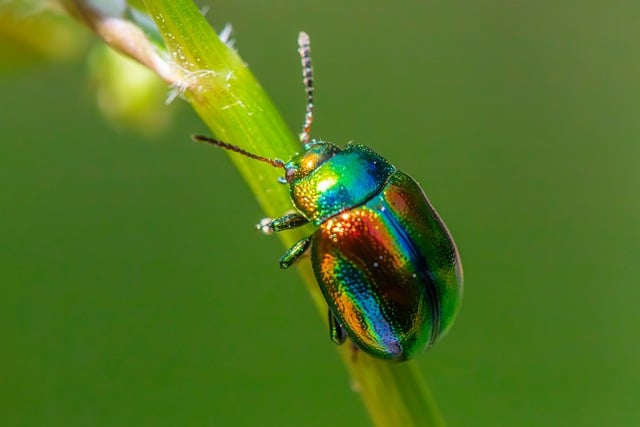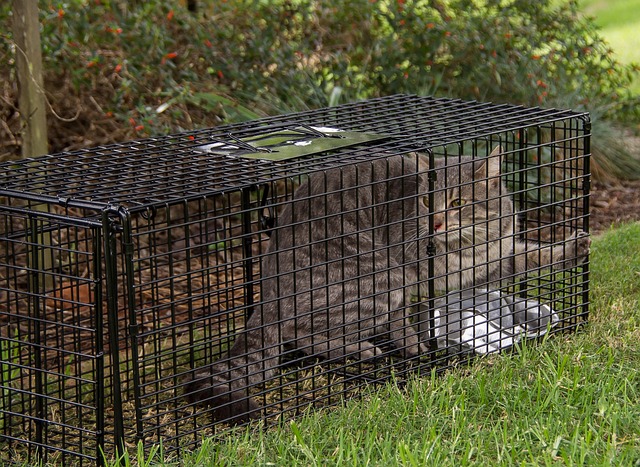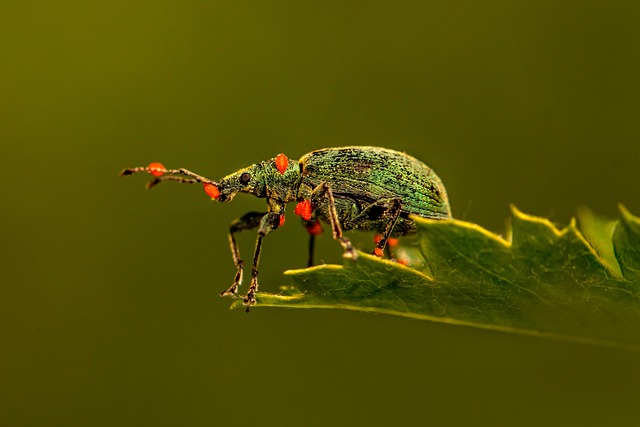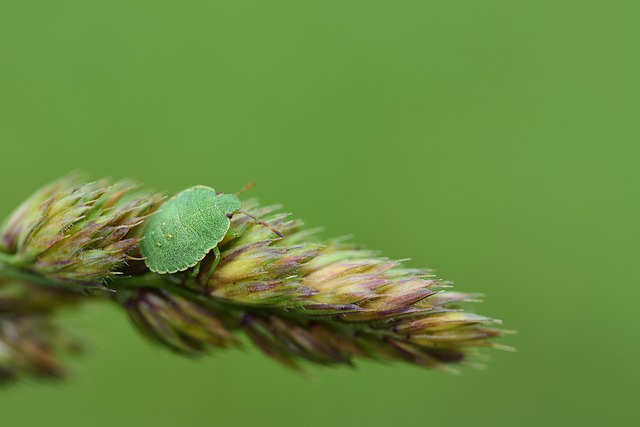Recognizing common spider species like house spiders and black widows is crucial for early infestation detection in Littleton homes. Look for unusual webbing, small holes, and musty odors. Regular inspections, vacuuming, sealing entry points, introducing natural predators, and using essential oils can prevent and manage infestations effectively using organic methods. Early detection is key to avoiding a web-filled nightmare.
In the comfort of our Littleton homes, an unseen menace can lurk—spiders. Understanding these common species is the first step towards identifying a potential infestation. This article equips homeowners with essential knowledge on spotting signs and symptoms of a spider invasion. We delve into organic pest solutions, offering effective, non-toxic methods to reclaim your space. Learn how to recognize a spider problem in your Littleton home and take control with natural remedies for lasting results.
- Understanding Common Spider Species in Littleton Homes
- Signs and Symptoms of a Spider Infestation
- Organic Pest Solutions for Effective Spider Control
Understanding Common Spider Species in Littleton Homes

In Littleton homes, recognizing common spider species is crucial for effective organic pest control. Understanding their behaviors and characteristics helps homeowners identify an infestation early on, enabling them to take appropriate action before populations grow. One of the most familiar spiders in this region is the house spider (Opisthoponidae family), often found in dark corners and attics, spinning intricate webs that trap insects. These spiders are generally harmless to humans but can indicate a larger pest problem due to their preference for areas with high insect activity.
Another common resident is the American house spider, easily identifiable by its large size and brown coloration. Unlike their web-building cousins, these spiders are solitary hunters, preferring to ambush prey near walls and ceilings. Homeowners should also be aware of the black widow (Latrodectus mactans), a dangerous arachnid known for its potent venom. Identifying them is key; look for shiny black bodies with distinct red or orange hourglass markings on the abdomen. Early detection can prevent bites, making it essential to learn these species’ visual cues and behaviors when assessing your Littleton home for spider activity.
Signs and Symptoms of a Spider Infestation

If you suspect a spider infestation in your Littleton home, it’s crucial to recognize the signs early on. Spiders typically hide in dark, secluded areas like attics, basements, or behind wall voids, making them harder to spot initially. Keep an eye out for unusual webbing patterns—a telltale sign of many species. These webs might appear as intricate, messy strands in corners, behind furniture, or along baseboards. Pay attention to any new or unusually large webs, especially if they differ from the typical cobwebs you usually find.
Additionally, look for small holes or tiny pellets (known as spider frass) that indicate their presence. You may also notice a musty odor or hear faint squeaking sounds, caused by the movement of spiders and their eggs. Regularly inspect your home’s exterior too; outdoor signs include large, unsightly webs in corners, cracks, or under porch roofs. Early identification is key to managing the situation effectively with organic pest solutions.
Organic Pest Solutions for Effective Spider Control

Spider infestations can quickly transform from an occasional sighting to a bustling web-filled nightmare in your Littleton home. The first step in organic spider control is knowing what to look for. Check for telltale signs such as intricate webbing in corners, cracks, and dark spaces—spiders favor these areas. Also, watch out for active spiders, especially during the day when they’re more visible.
To tackle this organically, start by maintaining a clean home environment. Regularly vacuum and dust to remove spider food sources like dust mites and insects. Seal entry points such as gaps in windows, doors, and pipes using caulk or weatherstripping. Additionally, introduce natural predators like ladybugs and spiders’ natural enemies (e.g., bats, birds) into your space. Organic essential oils like peppermint, citrus, and eucalyptus can also deter spiders due to their strong scents.
Identifying and addressing a spider infestation in your Littleton home is crucial, especially when considering organic pest solutions. By understanding common spider species and their signs, you can effectively navigate how to manage these arachnids naturally. Organic methods offer a safe, eco-friendly approach to control without harsh chemicals. So, if you notice webs, egg sacs, or suspicious bites, take action! Implement natural deterrents, maintain cleanliness, and explore organic treatments to reclaim your space from unwanted spider visitors. Remember, knowing how to identify an infestation is the first step towards a pest-free home.
